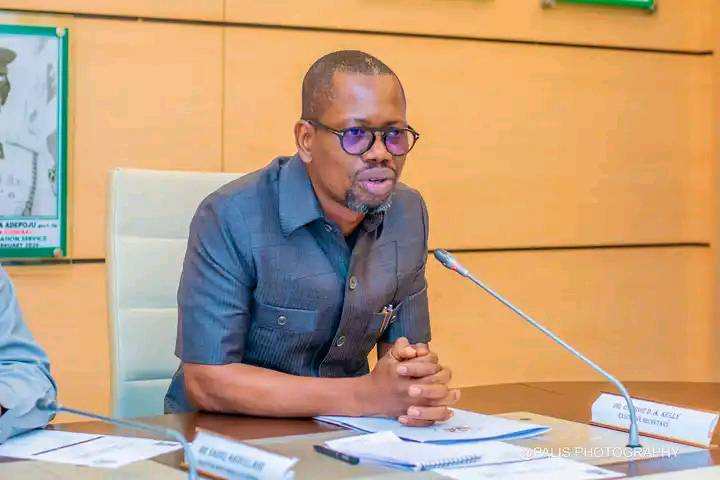BCDA to execute life-changing interventions in 250 border communities
By Philip Yatai
The Border Communities Development Agency (BCDA) says it has concluded plans to intervene in more than 250 border communities with life-changing services within the year.
The Executive Secretary, Dr Dax George-Kelly, disclosed this at the commemoration of the 2025 African Border Day, in Abuja.
The event was organised by the National Boundary Commission with the theme, “Building Border Community Resilience and Economic Development through Cross Border Cooperation”.
George-Kelly told the News Agency of Nigeria (NAN) on the sideline of the event, that the interventions would cover water supply, education support and construction of schools.
He said others include provision of health services, empowerment programmes, agricultural inputs and social welfare.
He explained that there were over 3,000 border communities spread across 21 states and 105 local government areas in the country.
The secretary added that the population of the border community was more than 20 million people, representing about 14 per cent of Nigeria’s population.
According to him, the people, for a long time, have been neglected.
He, however, said that President Bola Tinubu has brought renewed hope to border community dwellers with the planned interventions in more than 250 border communities this year.
George-Kelly said that the intervention would be spread across 21 states covered by the agency.
“That is something that has never happened before in the history of this country and so, a lot will be happening.
“Like I have always said, to transform border communities requires inter-agency collaboration, especially in terms of security.
“That is why we are here today and that is what we are going to be doing going forward,” he said.
The executive secretary acknowledged a lot of ungoverned spaces in border communities, stressing the need to invest in infrastructure in the areas.
This, according to him, will make the border communities’ dwellers to feel government presence.
“Otherwise, they will be more loyal to smugglers who provide them with some form of amenities.
“This is a matter of emergency because access to most border communities is difficult; access to water is difficult, while access to education and health remain a problem.
“So, for us, we are in a hurry to intervene in all these communities,” he said.
George-Kelly disclosed that the agency would soon conclude partnership with China to change the socio-economic status of some border communities, beginning with Maigatari in Jigawa.
He explained that the partnership, when concluded, would attract Chinese investment, and would lead to the export of cattle from some border communities to China.
He added that the export would be more than 20,000 metric tonnes monthly, amounting to 240,000 metric tonnes annually.
“We are also going to be looking at potentials of all border communities,” he added. (NAN)
Edited by Sandra Umeh






